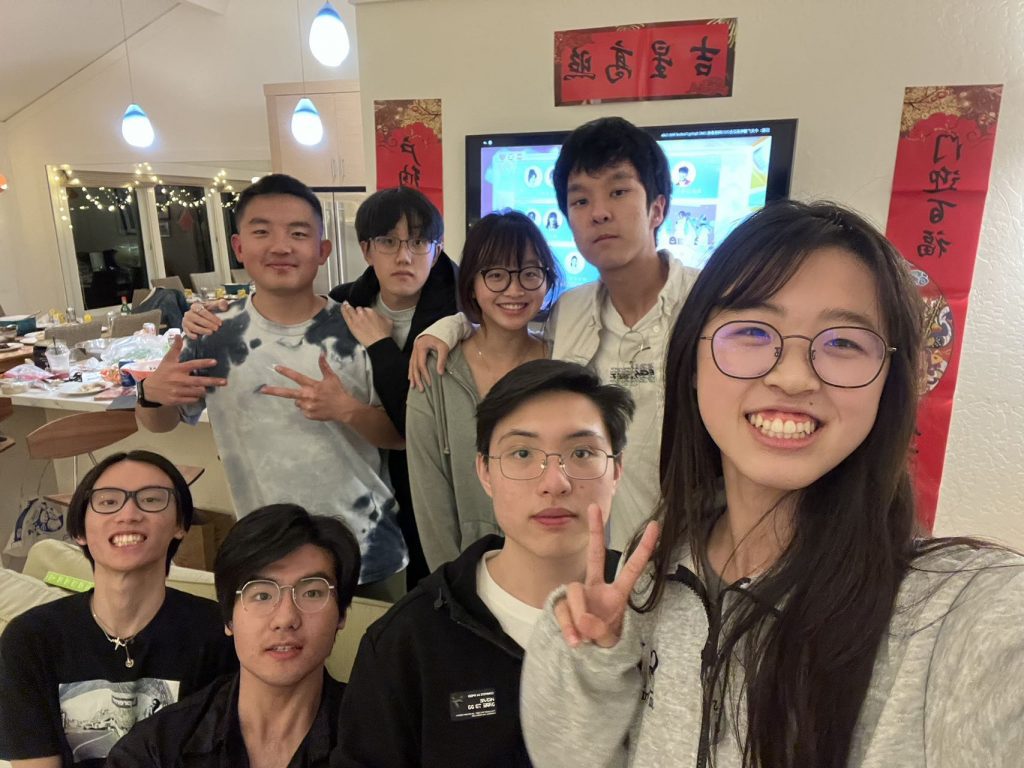It is our Cambridge Network mission to continue to connect our communities every day. One way we continue to do this is by quarterly holding our Connecting Communities virtual events that are opened to and welcomed to all our partnerships; schools, students, parents, host families, and our Cambridge Network team. This past January we held our second event of the year, and it was an incredible night of celebration and learning!
“Begin with the End” speaker, Samantha Fuszara, has a master’s degree in Teaching English to Speakers of Other Languages from the University of Southern California, Samantha Fuszara has worked in the English language field for ten years. Through her work, serving communities in California and Arizona, she has worked with students from over thirty countries ranging from ages eight to eighty. Currently, Fuszara is serving as an English Language Specialist and Structured English Immersion Department Chair at Empower College Preparatory High School in Phoenix, Arizona, preparing English learners for post-secondary education and beyond.
Samantha’s expertise and experience pointed us to three pinpoint’s to best support international students in the classroom, home, and community; understanding the challenges of the transition, cultural responsiveness, and the power of language.
1. The Challenges of The Transition:
Fuszara explains, “Nothing can prepare students for the change that will occur when they leave home for the first time; with or without their parents. The transition into any new place is life changing. It can be challenging. I have talked to many students who have described this time as a shock to the system and even depressing. But on the other hand, this is a moment in their lives which will forever shape who they will become as people, world participants, and future leaders.”
She continues to discuss her experiences with her students how she taughted and walked with them through their journey. To hear these stories, connect on this video: The Challenges of The Transition.
2. Support Through Cultural Responsiveness
“To be culturally responsive means to honor the words and values that students bring from home, and they are not blank slates. Equip students with the tools necessary for success and utilize established and recognized resources that help support validation, affirmation, building, and bridging.,” Sharokky Hollie.
We are responsible for instructing these students deeper and more effectively by incorporating their culture into the curriculum. This is the main goal of cultural responsiveness. Fuszara lead us through an Incredible plan of how to achieve this support in the classroom, home, and community. To hear this plan: Support Through Cultural Responsiveness
3. The Power of Language
Samantha declares, “When students transition to a new culture whose dominant language is not their own, they are stepping into the unknown. They are also tapping into their greater potential! Being multilingual enables you to see the world from different linguistic and cultural perspectives.” In the teaching, she continues her support in the different elements of the classroom, home, and community with tips on how to use the power of language. To watch this segment: The Power of Language
We hope you find these resources to help grow your international student program! For more information on how Cambridge Network can support your schools: www.cambridgenetwork.com or email: [email protected]
